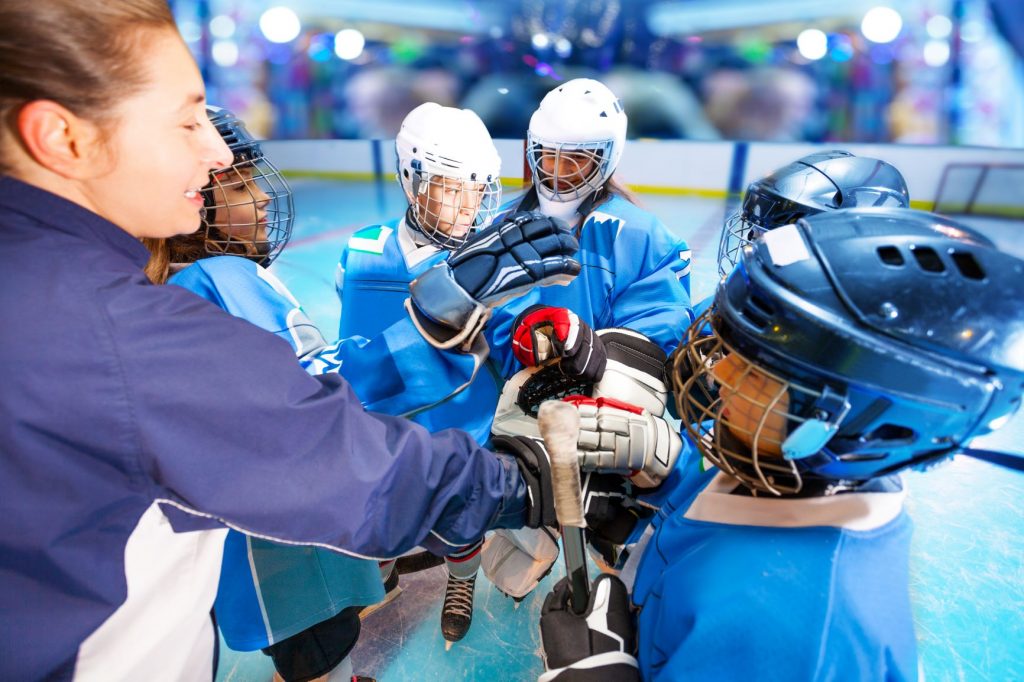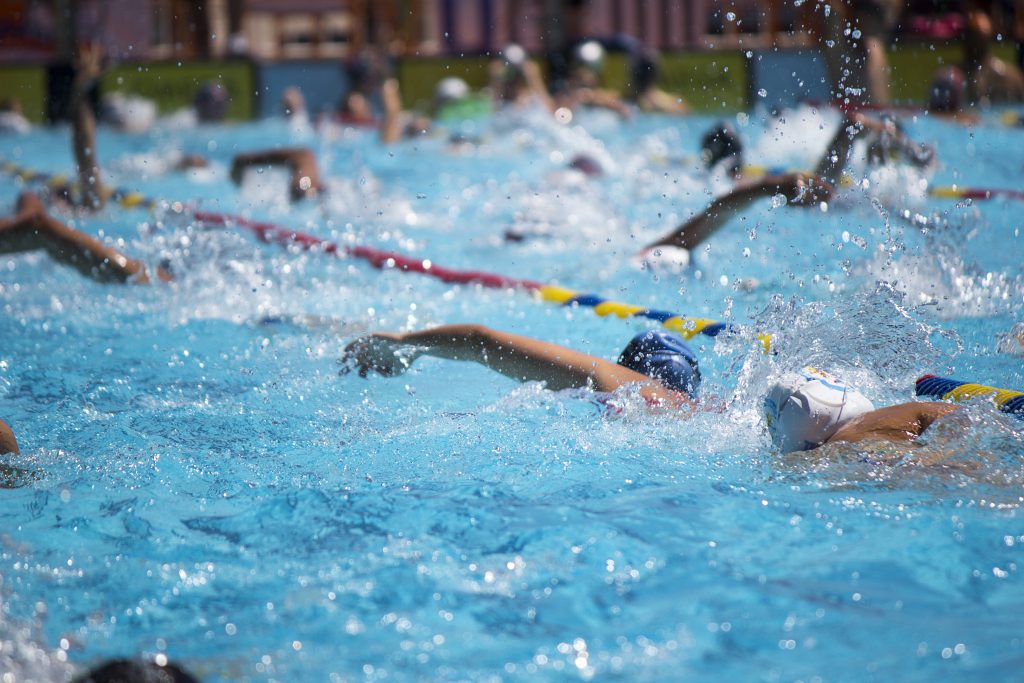Warmth or Competence: Do parents value one more than the other in competitive youth sport coaches?

Competence and warmth are two of the fundamental dimensions which we often judge other people (Kervyn, Bergsieker, & Fiske, 2011). Traits such as friendliness, helpfulness, sincerity, trustworthiness, and morality, all contribute to someone’s perceived warmth (Fiske, Cuddy, & Glick, 2007). In contrast, traits such as intelligence, skill, creativity, and independence all contribute to someone’s perceived…
Warmth vs. Competence
New research from Nipissing University examined the characteristics parents/guardians use to judge unknown youth hockey coaches. The findings reveal that parents/guardians determined the coach to be less suitable if they’re perceived to lack competence, whereas a perceived lack of warmth did not have similar consequences. Read more about the findings and what they mean for…
Benefits of Play
Parents and other adults can place restrictions on the unstructured play of children, reducing child independence and limiting them to “boring” play spaces. Increasing access to outdoor, unstructured play promotes physical and mental health; improves social skills, creativity and team work; improves learning and attention at school; and improves resilience and risk management skills. Download…
Reading the Game
Scanning, or “reading the game”, is an important skill that should be learned from a young age. However, research has discovered that new coaches are more likely to focus on technical skills, at the expense of tactical skill development. The findings support the use of coach education and mentoring to promote the value of scanning…
The Role of Motives in the Transition from Youth Swimming to Masters Swimming

Masters sport is a great way for adults to have fun and stay active. Dionigi (2015) identified three categories of masters athletes, based on their pathway into masters sport. “Late bloomers” are those who don’t start participating in sport until adulthood. “Continuers” are those who began their sport involvement as youth and never stopped. Finally,…
Communities of character
A values-based approach to sport supports the development of “communities of character” where athletes, coaches, officials, parents and other stakeholders work together to create a welcoming, safe, athlete-centred environment. Learn more about values-based sport and creating communities of character in the SIRCuit.
Unstructured play
A review of the evidence shows unstructured play improves physical health and gross motor skills, fun and creativity, social health and team work, resilience and risk management skills, mental and emotional health, and learning and attention at school. Learn more in this infographic.
Explicit Approach to Life Skills
Strategies to help athletes develop sport-specific physical skills can also be used to explicitly teach life skills through sport. A deliberate approach includes focusing on one life skill at a time, drawing connections, and using teachable moments. Learn more in the SIRC blog.
Innovations to Address RAEs
Interventions such as age-ordered shirt numbering and corrective adjustments that account for birthday in timed events such as sprinting, may be effective at mitigating relative age effects (RAEs). Learn more about current research and new innovations to address RAEs in the SIRCuit.
Curling Day in Canada 2019
A video from the Curling Canada Foundation brings values-based sport to life, promoting respect, togetherness, inclusion and fair play. February 23, 2019 is Curling Day in Canada, a Curling Canada initiative designed to celebrate the great sport of curling by showcasing the game, the incredible people and our curling rinks that are key parts of…